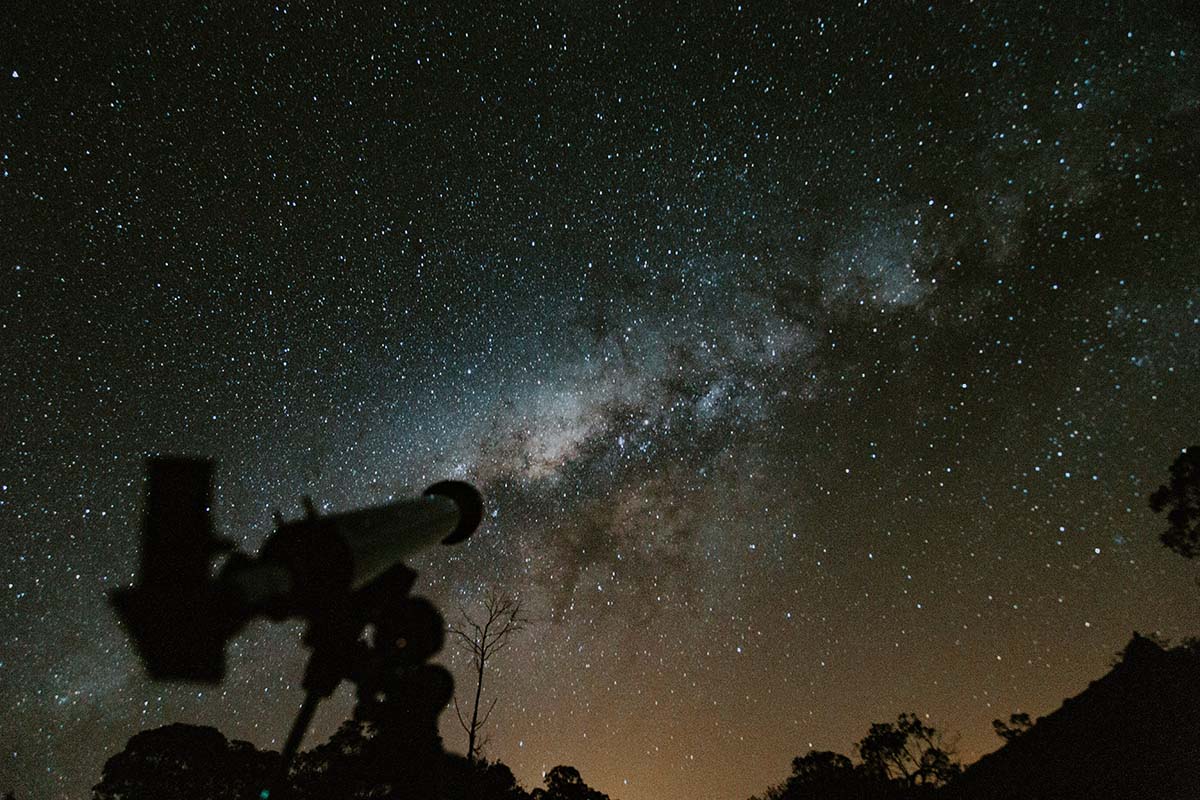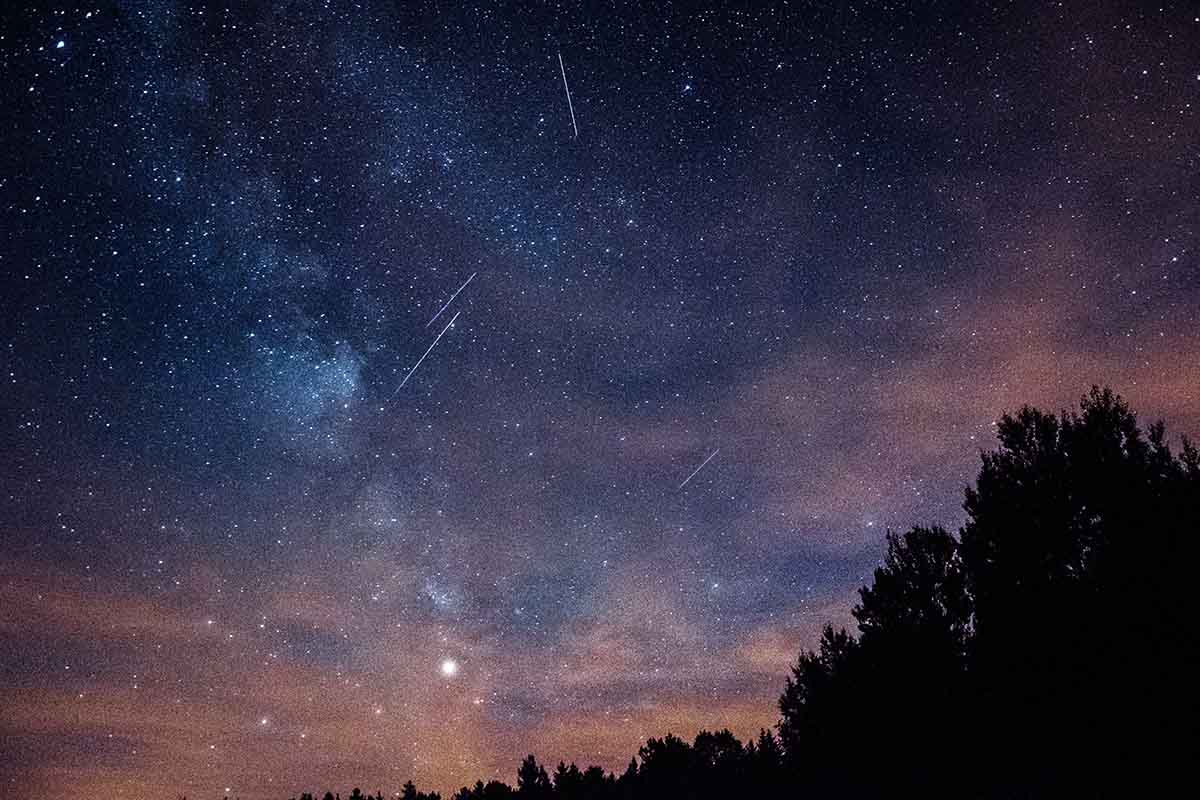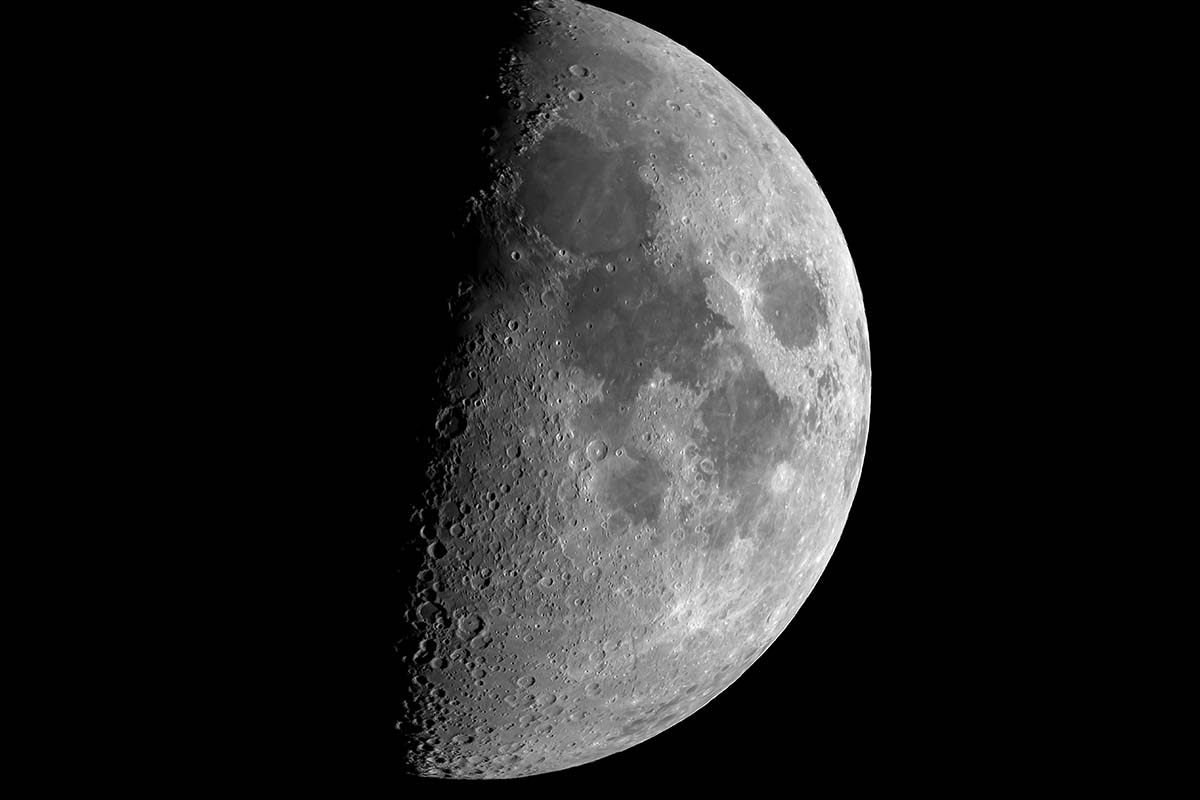Astronomy has captivated humanity for centuries with its mysterious celestial wonders and breathtaking cosmic events. From dazzling meteor showers and lunar eclipses to rare planetary alignments and spectacular comets, our night sky often offers remarkable astronomical events. Understanding these celestial occurrences deepens our appreciation of the cosmos and provides an opportunity to share the wonders of the universe with others.
The Basics of Astronomical Events
Before diving into the specifics of individual astronomical events, it is essential to grasp the foundational knowledge of astronomy. Learn about the celestial bodies that play a role in these events, such as stars, planets, moons, and comets.
Understanding their orbits, movements, and positions in the night sky will help you anticipate when and where these phenomena might occur. This way, you can track when to view a solar eclipse or when a meteor shower might occur. Familiarize yourself with astronomical terms like conjunctions, oppositions, perigee, apogee, and phases to comprehend the mechanisms behind these mesmerizing events.
Keeping Track of Astronomical Calendars
To witness exciting astronomical events, precise timing is crucial. Astronomical events often occur at specific dates and times, sometimes years apart. Stay updated with reliable astronomical calendars or apps that provide information about upcoming events. These calendars will inform you about eclipses, meteor showers, planet sightings, and other occurrences. Planning ahead and marking your calendar will ensure you don’t miss the chance to witness these captivating phenomena.
Observational Tools and Techniques
Enhance your understanding and enjoyment of astronomical events by utilizing the right observational tools and techniques. A pair of binoculars or a telescope can reveal hidden details on the Moon’s surface or bring distant planets and their moons closer to view. Learning basic astrophotography techniques will enable you to capture these celestial marvels and share them with friends and fellow astronomy enthusiasts.
The Art of Explaining Astronomical Events
Explaining astronomical events clearly and engagingly to others can be a rewarding experience. When discussing these phenomena with friends, and family or in a public setting, use relatable analogies and storytelling techniques. Break down complex concepts into simpler terms, and provide some historical context or cultural significance to add depth to your explanations. Encourage questions and foster curiosity, as understanding these events can be a gateway to a broader appreciation of science and the universe.
Collaborating with Astronomy Communities
Engaging with astronomy communities and clubs can be an enriching experience for understanding and explaining astronomical events. These groups provide a platform to connect with fellow enthusiasts, exchange knowledge, and learn from experienced astronomers.
Participating in star parties or organized observation sessions allows you to witness astronomical events through various telescopes and gain insights from seasoned observers. Astronomy forums and social media groups are excellent resources for seeking advice, sharing your experiences, and discussing the latest celestial phenomena, fostering a sense of camaraderie among astronomy enthusiasts worldwide.
Delving into the Science Behind Astronomical Events
To comprehensively understand astronomical events, explore the scientific principles and phenomena that govern them. For example, researching the physics of an eclipse or the behavior of comets in the solar system can deepen your appreciation for these occurrences.
Books, documentaries, and online resources from reputable space agencies and astronomy institutes can provide in-depth explanations backed by scientific evidence and research. As you uncover the underlying mechanisms of celestial events, you’ll find yourself equipped with valuable knowledge to convey the wonders of the universe to others confidently.
Cultivating a Sense of Awe and Wonder
Beyond the technicalities and scientific aspects, nurturing a sense of awe and wonder is essential for understanding and explaining astronomical events. The night sky has inspired poets, philosophers, and scientists throughout history, evoking a profound sense of curiosity and humility.
Take the time to stargaze without any specific agenda, allowing yourself to marvel at the vastness of space and the billions of stars twinkling overhead. Encourage others to pause and contemplate the beauty of the cosmos, connecting with the same sense of wonder that has captivated humanity for millennia.
Understanding and explaining interesting astronomical events is an adventure that encompasses not only knowledge and technical skills but also a connection with the broader cosmos. By engaging with astronomy communities, delving into the science behind these phenomena, and cultivating a sense of awe, you can embark on a transformative journey of exploration and discovery. As you learn to decipher the language of the stars and planets, you can unlock the mysteries of the universe and share this knowledge with others, igniting a passion for astronomy and fostering a deeper connection with the cosmos.




















